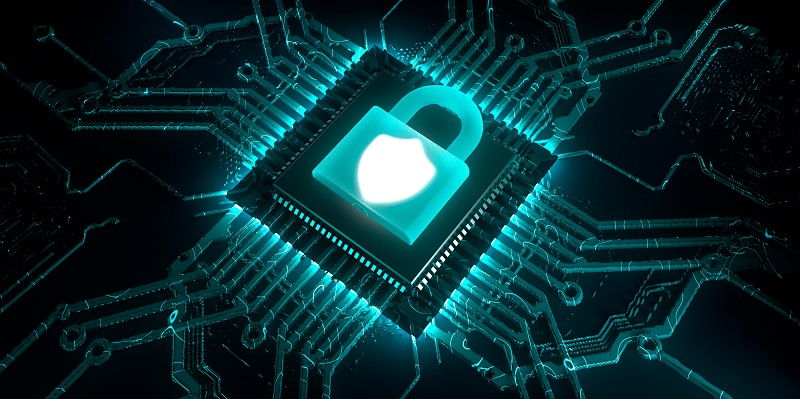In a world where the safety and security of civil society face mounting threats, security agencies from the United States and the United Kingdom recently convened a crucial meeting. The purpose of this gathering was to find innovative ways to combat the increasing challenges posed to democratic nations. Chaired by the National Cyber Security Centre (NCSC) and the US Cybersecurity and Infrastructure Security Agency (CISA), the inaugural Strategic Dialogue on the Cyber Security of Civil Society Under Threat of Transnational Repression signifies a significant step towards safeguarding the democratic values held dear by these nations.
Purpose of the Strategic Dialogue
The establishment of this strategic dialogue can be attributed to the forward-thinking High-Risk Community Protection initiative spearheaded by CISA. Beyond a mere meeting, it served as a platform for participants to share their efforts and insights into protecting civil society groups. This multidimensional approach allowed for a comprehensive understanding of the evolving threat landscape. The dialogue emphasized the recognition that civil society encompasses multiple stakeholders, including parliamentarians, journalists, academics, lawyers, dissidents, and individuals who have faced sanctions imposed by foreign states.
Importance of the Dialogue
The Strategic Dialogue on Cyber Security of Civil Society holds critical importance in defending democracy and enhancing collective cyber resilience. NCSC CEO Lindy Cameron underscored the significance of this dialogue, stating, “Protecting civil society from cyber threats is vital so it can continue its important work upholding our democratic values in the UK and around the world.” In an increasingly interconnected world, the preservation of democratic values depends on the ability to fend off cyber threats and sustain the work of civil society.
Foreign Powers and Threats to Civil Society
Over recent years, foreign powers have grown increasingly emboldened in their efforts to intimidate, harass, and harm communities residing within the United Kingdom. The online realm offers these powers new and insidious opportunities to target and intimidate journalists and dissidents beyond their borders. The Strategic Dialogue serves as a forum to address these challenges head-on, bringing together the brightest minds in the field of cybersecurity to discuss and strategize ways to strengthen the online security of at-risk communities. This collective effort plays a pivotal role in maintaining the cherished principles of free speech and scrutiny that repressive regimes fear.
Recent Examples of Cyber Threats
The need for robust cyber defenses is underscored by recent incidents where civil society activists have fallen prey to targeted cyber-attacks. Apple, a prominent technology company, was forced to address several zero-day vulnerabilities. These vulnerabilities were exploited with the aim of covertly installing spyware on the devices of civil society activists. Such incidents highlight the ever-present and evolving threats faced by civil society members who act as champions of democracy and human rights.
The Strategic Dialogue on the Cybersecurity of Civil Society Under Threat of Transnational Repression marks a crucial milestone in the ongoing effort to protect civil society from cyber threats. Through collaboration, information sharing, and the implementation of innovative cybersecurity measures, the dialogue aims to rediscover and reinvent strategies, ultimately fortifying defense mechanisms against transnational repression. Continued dedication and vigilance are necessary to preserve free speech, safeguard human rights, and uphold democratic values in the face of mounting challenges.
In summary, the dialogue serves as a linchpin in the collective defense against threats to civil society. As security agencies from the US and UK join forces, their cooperation and mutual insights will play a pivotal role in ensuring the safety and resilience of civil society. It is through such collaborative efforts that democratic nations can transcend geographical boundaries and combat the rising tide of transnational repression in the digital age.

